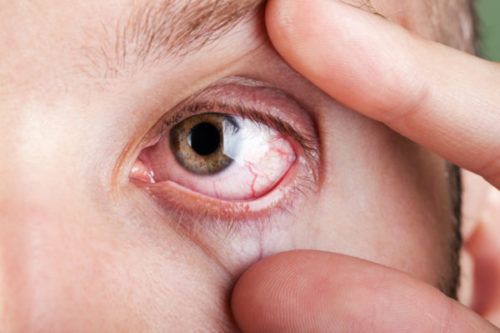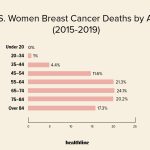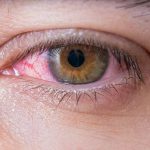
COVID-19 Virus Can Breach Blood-Retinal Barrier
New Research Suggests COVID-19 Can Potentially Damage the Eye
A new study published in PLOS Pathogens has found that the COVID-19 virus can breach the retinal barrier, potentially causing damage to the eye. The study, conducted by researchers at the University of Missouri School of Medicine, discovered that the virus induces a hyperinflammatory response in the retina and can cause cell death in the blood-retinal barrier. This finding highlights the importance of understanding the long-term effects of SARS-CoV-2 infection and the potential impact on visual function.
The Study Details
Researchers at the University of Missouri School of Medicine conducted a study on mice to determine COVID-19 transmission through the eye and inhalation and the impact on the eyes. The mice were infected with COVID-19 through inhalation or directly into the cells lining the blood-retinal barrier. The study found that the COVID-19 virus can infect the retina even when it doesn’t enter through the surface of the eyes. Additionally, COVID-19 that was a result of nasal passage infection was able to infect the cells of the blood-retinal barrier.
The study’s lead researcher, Pawan Kumar Singh, Ph. D., noted that the goal now is to better understand the cellular and molecular mechanisms of how the virus breaches the blood-retinal barrier and how to better treat COVID-19 induced eye complications before a patient’s vision is compromised. Immunocompromised patients or those with hypertension or diabetes may experience worse outcomes for COVID-19 associated ocular symptoms. It is recommended that patients diagnosed with COVID-19 ask their ophthalmologist to check for signs of pathological changes to the retina, as even those who were asymptomatic could suffer from damage in the eyes over time because of COVID-19 associated complications.
Aspirin and Age-Related Macular Degeneration (AMD)
Some large randomized trials have suggested that taking low doses of aspirin on a daily basis would be an easy, inexpensive way of lowering the risk of getting age-related macular degeneration. However, a well-designed, placebo-controlled study of septuagenarians conducted in Australia has shown that this is not the case. The study found that aspirin did not decrease the risk of developing age-related macular degeneration, a progressive eye disease.
Omega-3 Fatty Acid Supplements and Dry Eye Disease
Research has suggested that omega-3 fatty acid supplements could help treat dry eye disease. However, Korean investigators reported results from a randomized clinical trial in JAMA Ophthalmology showing no benefit. The results published in the journal Ophthalmology also found no reduction in risk from daily one-gram capsules of omega-3 fatty acids.
Eclipse Viewing and Eye Protection
With the recent solar eclipse, experts warned that ordinary sunglasses are not protective enough for viewers. It is recommended to wear certified eclipse glasses to prevent damaging the eyes.
Vision Services and FQHCs
A recent study found a mismatch between demographics of the neighborhoods where Federally Qualified Health Centers (FQHCs) with vision care are located and those using the vision services. This highlights the need for better education and outreach to ensure that underserved communities have access to vision care services.
C-Suite Positions in Healthcare and Biopharma Companies
Managed Healthcare Executive spoke with Nancy Lurker, CEO and president of EyePoint Pharmaceuticals, to hear her insights on running a biopharma company and reaching the C-suite level. Lurker shared advice for those seeking C-suite positions, especially women in healthcare and other fields. Running a biopharma company requires a combination of strong leadership, business acumen, and healthcare expertise, making it a challenging yet rewarding career path for those with the right skill set.
Originally Post From https://www.managedhealthcareexecutive.com/view/study-finds-covid-19-may-damage-vision
Read more about this topic at
4 Ways COVID Leaves Its Mark on the Eye
COVID-19 and ocular complications: A review …


